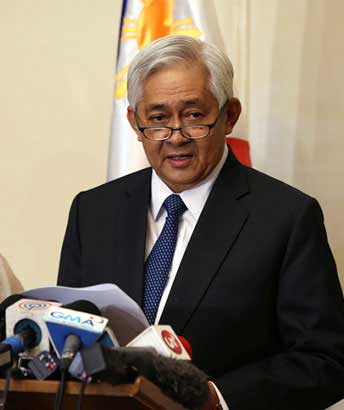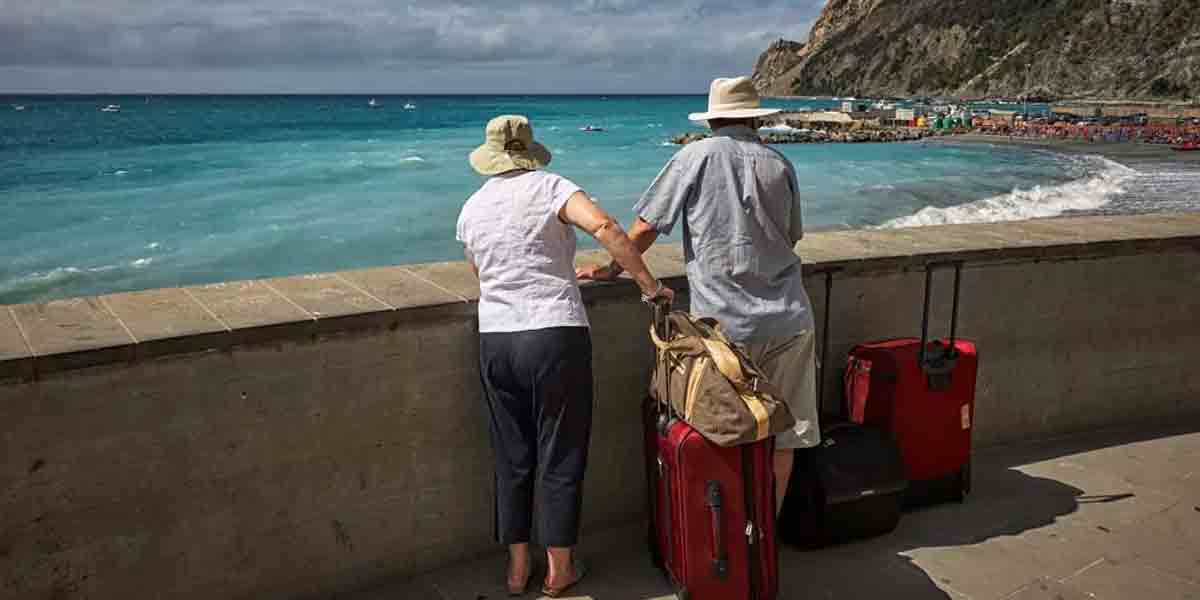
By Francis Allan L. Angelo
Former Philippine Solicitor General Francis Jardeleza is calling for a new legal challenge against China over environmental damage in the South China Sea, on the eve of the eighth anniversary of Manila’s landmark arbitration victory.
In an ANC interview, Jardeleza dismissed a recent Chinese study claiming environmental harm from a grounded Philippine navy ship in the Ayungin Shoal. He instead pointed to China’s island-building activities as the primary source of ecological destruction.
“What did China do? They made islands. They put cement on the reefs,” Jardeleza said. “Now, what is the damage there?”
The South China Sea Ecological Center’s report highlights significant pollution in the Ayungin Shoal, attributing it to the corrosion and peeling paint of the BRP Sierra Madre’s hull.
China further accuses the Philippines of environmental harm, citing sewage dumping by soldiers stationed on the warship.
Jardeleza, who served as the Philippines’ agent in the landmark arbitration case against China during the Aquino III administration in 2016, expressed skepticism about the Chinese study’s credibility but welcomed it as a basis for further legal action.
“As a lawyer, I welcome very much this 27-page study by two academic scientists of China, and my reaction is bring it on,” he stated.
He underscored the necessity of a formal legal forum to validate the environmental study, describing the current situation as “picayune” compared to the broader environmental degradation caused by China’s extensive island-building activities in the West Philippine Sea.
“What we should do in the Philippines is to file a second case so that we can have a forum to validate this study,” Jardeleza urged.
The former solicitor general highlighted the extensive damage caused by China’s construction of artificial islands, which he claims has led to the destruction of hundreds of hectares of coral reefs.
He criticized the lack of follow-up action by successive Philippine administrations since the country’s initial victory at the arbitral tribunal eight years ago.
Jardeleza also pointed out the strategic timing of the Chinese study’s release, coinciding with the anniversary of the Philippines’ arbitral victory.
He suggested that this might be an attempt at misinformation, aimed at deflecting attention from China’s own environmentally destructive activities in the region.
Addressing the legal viability of seeking compensation for the damages, Jardeleza affirmed the possibility of enforcing such a judgment through international courts, referencing the United Nations Convention on the Law of the Sea (UNCLOS) as a foundational jurisdiction.
He called for a determined legal approach, stating, “The next step is to go to another court to file for enforcement of foreign judgment.”
The former solicitor general urged the Philippine government to file a second case focusing on environmental degradation.
“We should file a new case so that we can have a forum, the same on close court, to validate this study,” he said, referring to the 27-page Chinese report.
Jardeleza criticized the Philippines’ inaction since the 2016 ruling, saying, “We do not have a follow-up case. Now, we are the ones who are in charge because China has a study, 27 pages.”
He suggested that pursuing legal action could lead to potential compensation for damages.
“If we win 10 billion, 20 billion damage suit in New York, you think they won’t talk?” Jardeleza asked rhetorically.
The former solicitor general acknowledged that such legal battles are lengthy but necessary.
“The battle here is 1,000 years,” he said, echoing China’s long-term perspective on territorial disputes.
Jardeleza called for a renewed legal offensive against China, leveraging the ecological damage caused by its activities in the West Philippine Sea as a central argument.
“Let’s get this study and file a case and present this in court,” he urged, reiterating the need for a strategic and sustained legal approach to uphold the Philippines’ territorial and environmental rights.






















